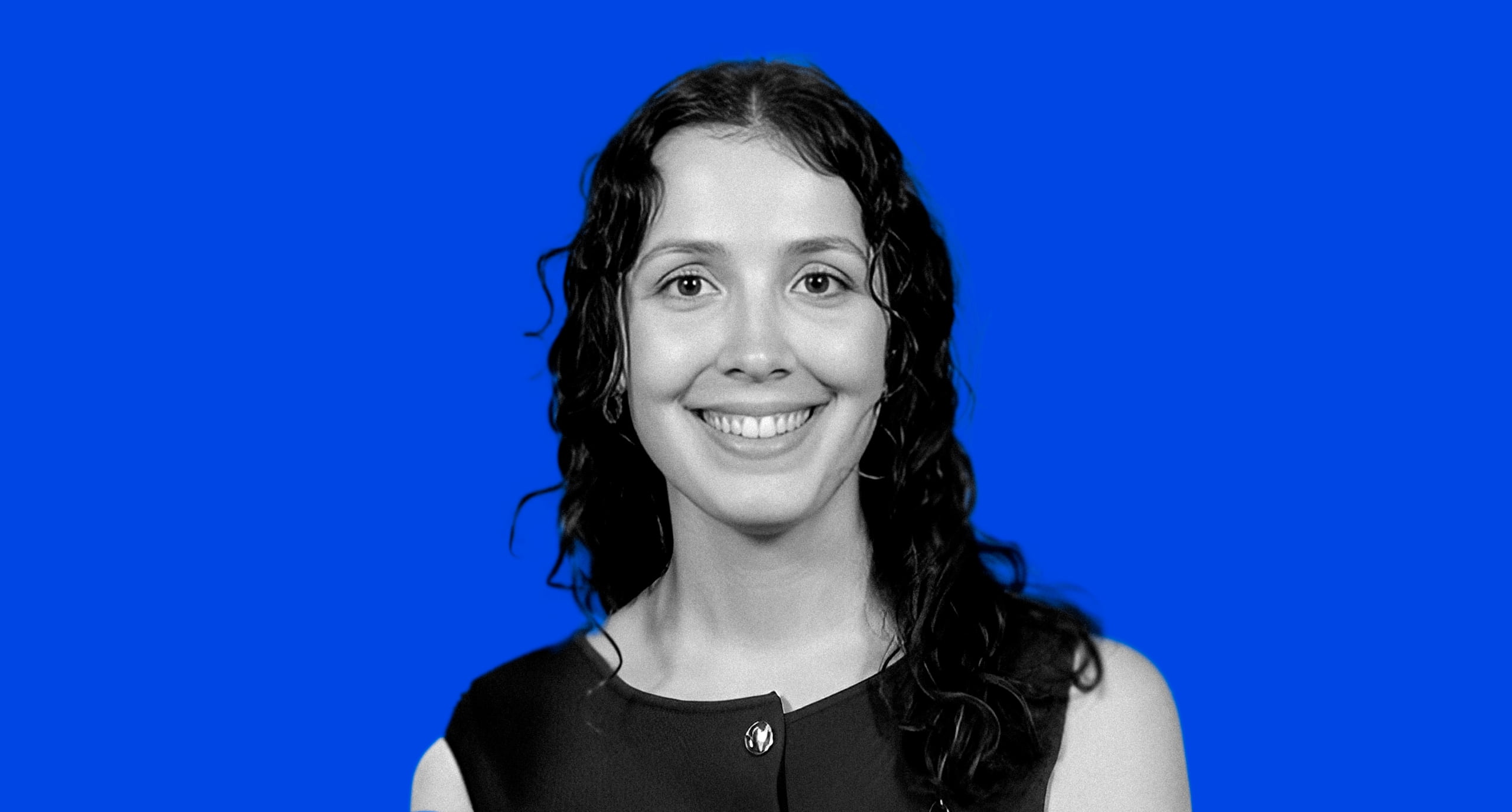13/11/2023
A lot of students ask how they can get ready for the Master in Applied Economics. Brush up on these key topics and skills to pave the way for maximum success in the program.
You’ve decided to revamp your career and have taken the steps to ensure continuous learning and professional growth. Great! Now, you’re just waiting to step into the Master in Applied Economics classroom for the first time. But in the interim, how can you give yourself the best chance of success within the program? As you get ready to start your IE University journey, what steps will ensure that you don’t just learn, but excel?
The Master in Applied Economics
Modern life involves many intricate layers that are only made more complex by phenomena like globalization and digitalization. Economics offers a data-based framework with which to understand the world, providing tools and frameworks that equip you to address critical global issues. From understanding global economic trends to the implications of innovation for job markets and environmental sustainability, the economist possesses a valuable skill set for problem-solving in the international arena.

That’s why our Master in Applied Economics graduates are highly sought-after by recruiters and leading companies.
Designed to be a holistic blend of theory, research and hands-on practice, the program can boost your career prospects in a wide range of sectors.
8 tips for success
Like all our programs, the Master in Applied Economics is quite rigorous. Meeting expectations in such a demanding, graduate-level setting requires a strong foundation in relevant knowledge and skill areas. Don’t worry—we include several introductory courses in the study plan to ensure that all students have the basic tools required to start the program.
During the one-week pre-program period, you’ll start your exploration of quantitative analysis and programming, a foundational step that will equip you for the rest of your program journey.

But if you want to do some additional prep work beforehand, here are a few useful topics you should look into. Note that none of the classes below are required to enter the program; they are simply recommendations for those who want to get a head start on their economics education.
- Principles of economics (macro and micro)
Before diving into advanced theories, it’s important to grasp the fundamental concepts of both micro- and macroeconomics. Taking a microeconomics course will help you understand individual decision-making and its impact on resource allocation; on the other hand, macroeconomics classes will focus on topics like unemployment, inflation and economic growth, helping you understand economics as a whole.
- Calculus and advanced mathematics
Their ability to explain and even predict real-world occurrences places mathematical models at the heart of economics. That’s why you’ll need to beef up your understanding of both differential and integral calculus. In some instances, you might even need to learn more about multivariable calculus. Classes in linear algebra and differential equations could also prove valuable.
- Statistics and econometrics
You will do a lot of economic research during your Master in Applied Economics, so be sure to have a strong base in statistics and empirical analysis. These courses will show you how to test hypotheses, interpret data and make predictions. If you’re more interested in landing a research role or pursuing academia further after your master’s degree, econometrics classes offer the best of both economic theory and statistical methods.
- Intermediate economic theory
Build upon the principles of economics to explore micro- and macroeconomic theories even further with topics like monetary and fiscal policy, market structures, economic growth models, production decisions and consumer behavior.
- Computational methods and software
Today, technology affects every industry and sector, and economics is no different. To boost your competitive edge, improve your skills in the computational tools most commonly used for data analysis and modeling, such as STATA or R.
- Research methods
Economic research is a vital part of any economics master’s program, so take this chance to learn more about designing, conducting and interpreting economic research.
- Writing and communication
Economists prepare a lot of research papers, policy briefs and presentations in the course of their work. A writing and communications class will train you in how to explain complex ideas simply and clearly.
- Economic press
Apart from these academic courses, you can also gain a lot of valuable insights into policies and trends through the economic press.

Reading leading publications like The Economist, Financial Times or The Wall Street Journal ensures you keep abreast of the latest happenings in the sector.
Podcasts are another rich resource: explore the hidden side of everyday life through an economic lens in Freakonomics, delve into the nuances of international trade with TradeTalks, check out in-depth interviews in EconTalk, learn more about European economic policies with Bruegel Podcasts and explore research-based policy analysis and commentary with Vox Talks CEPR.
Are you ready?
The Master in Applied Economics is your first step to an exciting future. With IE University’s world-class faculty, practical education and excellent career preparation resources, you’ll be equipped to take advantage of every opportunity for professional and personal growth, even as you make a positive impact in whatever path you choose.








